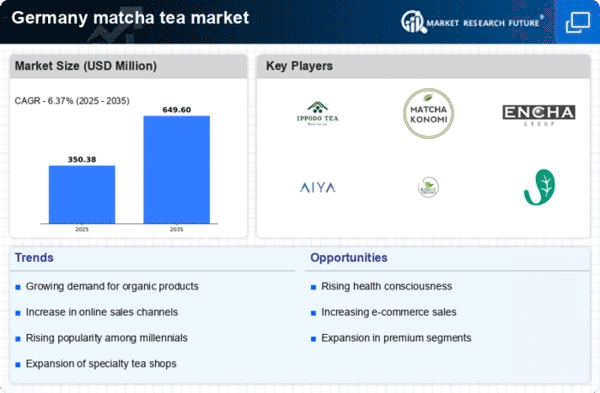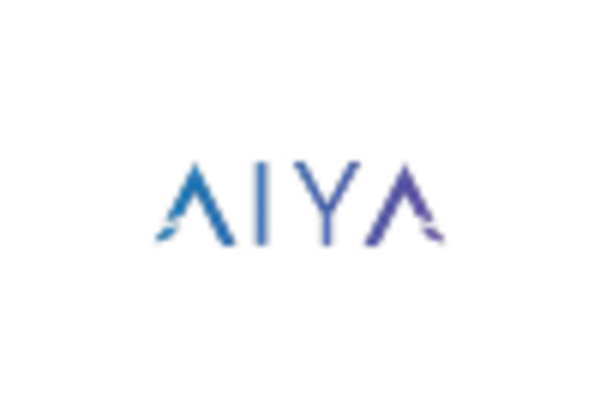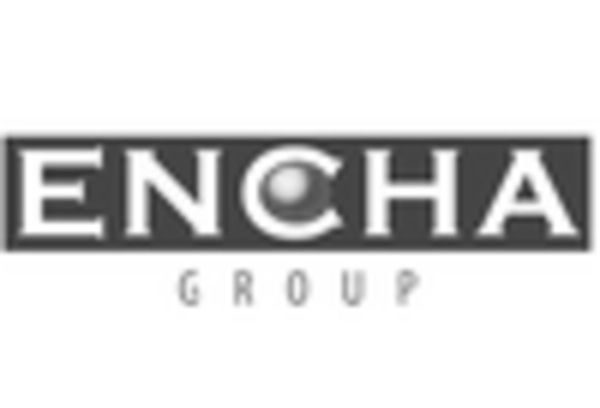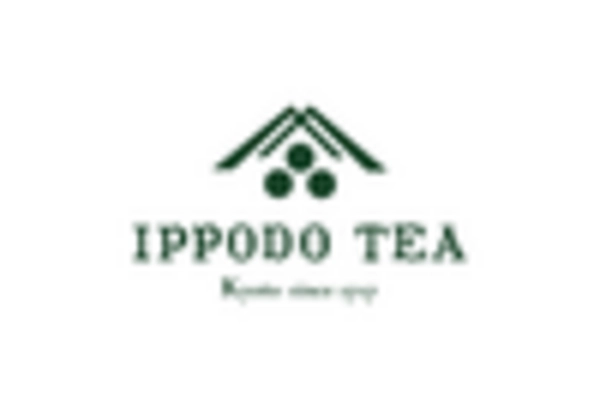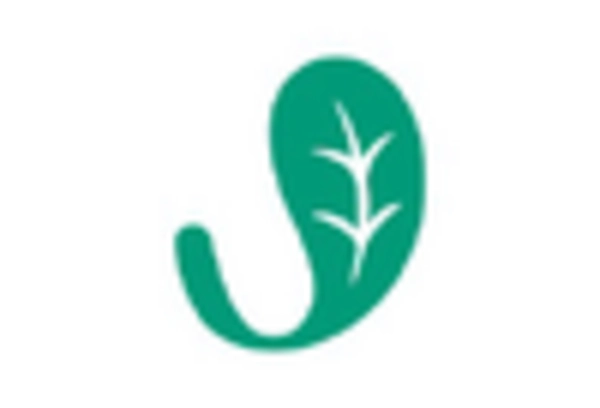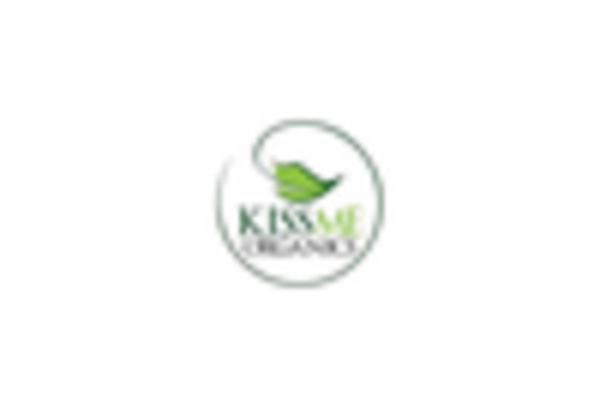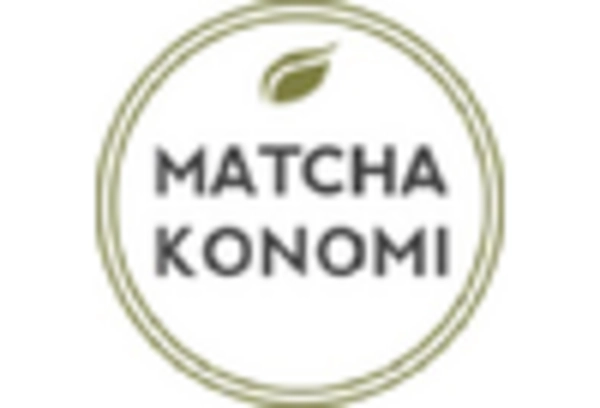Influence of Social Media
The role of social media in shaping consumer behavior cannot be underestimated, particularly in the matcha tea market. Platforms like Instagram and TikTok have popularized matcha, showcasing its vibrant color and versatility in various recipes. Influencers and health enthusiasts frequently share their matcha experiences, which has led to a surge in interest among younger demographics. This trend is reflected in the growing number of matcha-related hashtags, which have seen a 200% increase in usage over the past year. As social media continues to drive trends, the matcha tea market is likely to expand its reach, attracting new consumers eager to try this trendy beverage.
Sustainability Initiatives
Sustainability is becoming increasingly important to consumers in Germany, influencing their purchasing decisions across various sectors, including the matcha tea market. Many consumers are now seeking products that align with their values, particularly those that emphasize eco-friendly practices and ethical sourcing. Brands that adopt sustainable practices, such as using biodegradable packaging or supporting fair trade, are likely to resonate with environmentally conscious consumers. Recent studies indicate that 70% of German consumers are willing to pay more for sustainably sourced products. This trend suggests that the matcha tea market may see growth as brands adapt to meet these expectations, enhancing their appeal to a broader audience.
Rising Health Consciousness
The increasing awareness of health and wellness among consumers in Germany appears to be a primary driver for the matcha tea market. As individuals seek healthier beverage options, matcha tea, known for its high antioxidant content and potential health benefits, has gained traction. Recent surveys indicate that approximately 60% of German consumers prioritize health benefits when selecting beverages. This trend suggests a growing preference for natural and functional drinks, positioning matcha tea as a favorable choice. The matcha tea market is likely to benefit from this shift, as more consumers incorporate matcha into their daily routines, whether in lattes, smoothies, or as a standalone drink.
Expansion of Retail Channels
The expansion of retail channels in Germany is another significant driver for the matcha tea market. With the rise of e-commerce and specialty tea shops, consumers now have greater access to a variety of matcha products. Online sales of matcha have increased by 25% in the last year, reflecting a shift in shopping habits. Additionally, traditional retailers are beginning to stock more matcha products, catering to the growing demand. This increased availability is likely to encourage trial and consumption, further propelling the matcha tea market. As more consumers discover matcha through diverse retail avenues, the market is poised for continued growth.
Evolving Consumer Preferences
Consumer preferences in Germany are evolving, with a noticeable shift towards premium and artisanal products. The matcha tea market is experiencing a surge in demand for high-quality, authentic matcha sourced from Japan. This trend is driven by consumers' desire for unique flavors and experiences, as well as a willingness to pay a premium for superior quality. Market data suggests that the premium segment of the tea market has grown by 15% in the past year, indicating a robust appetite for specialty teas. As consumers become more discerning, the matcha tea market is likely to see increased competition among suppliers aiming to meet these elevated expectations.


